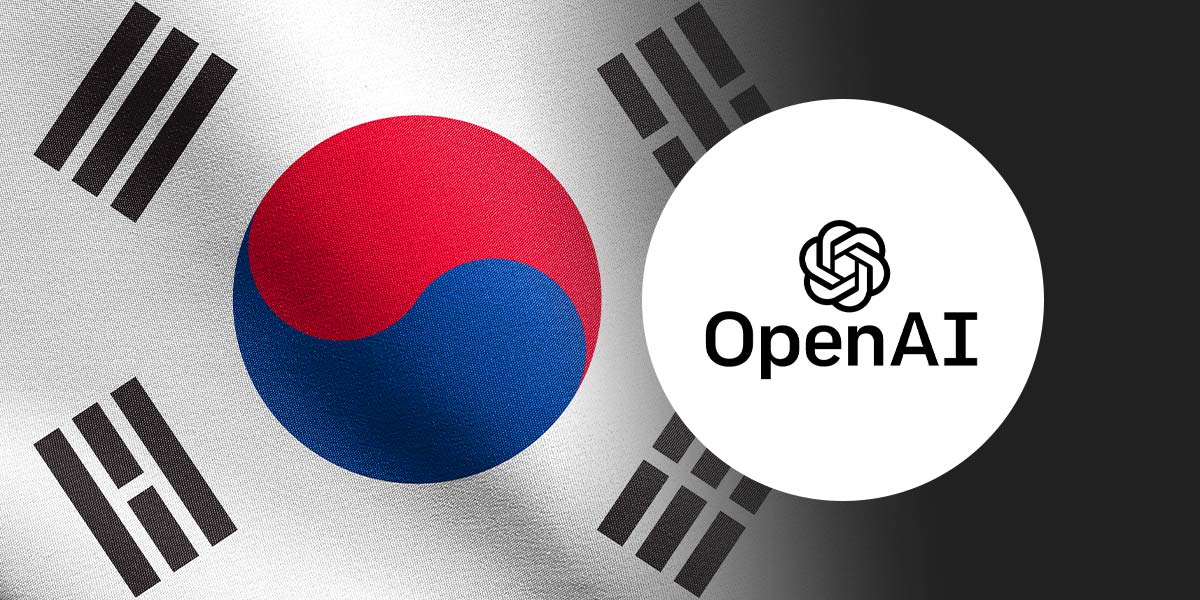OpenAI has announced a significant expansion into South Korea, marking a strategic move to strengthen its presence in Asia and tap into one of the world's most technologically advanced markets. This expansion includes substantial investments, key partnerships, and a new regional office in Seoul.
Investment and Infrastructure
The expansion includes several major components:
- Regional headquarters: A new office in Seoul that will serve as OpenAI's Asia-Pacific hub
- Research center: A dedicated AI research facility focused on multimodal AI and robotics
- Compute infrastructure: Investment in local computing resources to support model training and inference
- Talent acquisition: Plans to hire hundreds of engineers, researchers, and business professionals from the Korean market
This move represents one of OpenAI's largest investments outside the United States to date.
Strategic Partnerships
Central to OpenAI's Korean strategy are partnerships with key local companies:
Samsung Electronics: A deep technical collaboration to optimize OpenAI's models for Samsung devices and develop specialized AI hardware
Naver: Korea's leading search platform will integrate OpenAI's technology while helping to adapt models for Korean language and cultural context
SK Telecom: Partnership to develop AI applications for telecommunications and explore edge AI deployment
Korean academic institutions: Research collaborations with KAIST, Seoul National University, and other leading universities
Market and Cultural Adaptation
A key focus of OpenAI's Korean expansion is adapting its technology to the local context:
Language optimization: Enhanced Korean language capabilities, including better understanding of nuances, slang, and cultural references
Local content integration: Training on Korean-specific content to improve relevance for local users
Regulatory compliance: Working closely with Korean authorities to ensure adherence to local AI regulations and data protection laws
Why South Korea?
OpenAI's choice of South Korea for this major expansion reflects several strategic considerations:
Technical talent: Korea's world-class education system produces exceptional engineers and researchers
Digital infrastructure: The country's advanced telecommunications networks and computing capabilities
Technology adoption: Korean consumers and businesses are known for quickly embracing new technologies
Strategic location: Korea provides a gateway to the broader Asian market while having strong ties to Western economies
Regional Implications
This expansion has broader implications for the Asian AI landscape. It positions South Korea as a key hub for AI development and potentially accelerates the technology race in the region, where companies from China, Japan, and other countries are also making significant AI investments.
For Korean businesses and consumers, OpenAI's expansion promises increased access to cutting-edge AI capabilities and potential economic benefits through job creation and technology transfer.
Looking Forward
OpenAI's CEO emphasized that the Korean expansion represents a long-term commitment to the region. The company expects its Seoul operations to be fully established by early 2026, with initial partnerships and hiring already underway.
This move signals OpenAI's evolution from a primarily US-focused organization to a truly global AI company, with South Korea playing a pivotal role in its international strategy.
Source: Adapted from Artificial Intelligence News




